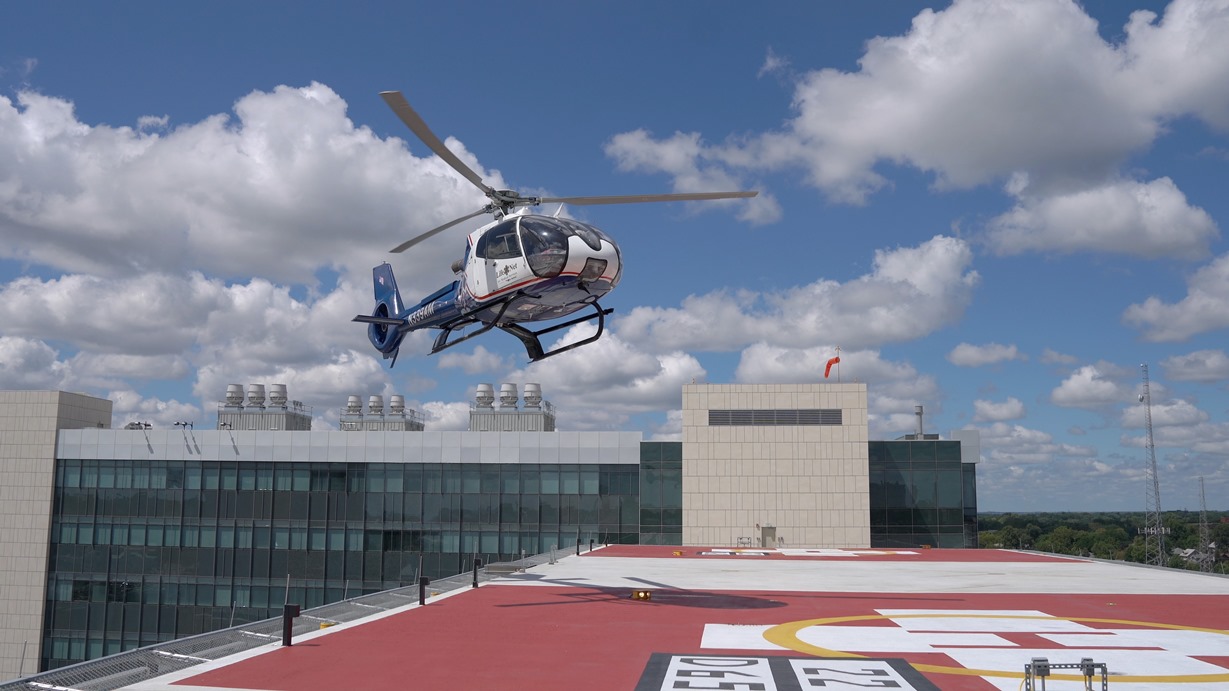Emergency vs. Trauma Care: Is There a Difference?

When you or someone you love is seriously injured, Nebraska Medicine has the care you need. Our Level 1 trauma center is capable of treating the most life-threatening injuries among children and adults.
While most hospitals with emergency departments (ED) can care for many types of injuries, very few hospitals are designated as a Level 1 trauma center. A Level 1 trauma center is designated by the state. The Nebraska Medical Center trauma center has also been verified by the American College of Surgeons (ACS). If you are severely injured and are able to make it to a Level 1 trauma center, your chance of survival is 90 percent or more. In fact, research shows that treatment at a Level I trauma center reduces the risk of death by 25 percent.
To learn more about our trauma care services, visit us at NebraskaMed.com/Trauma.
A trauma center has a comprehensive availability of resources to provide the entire spectrum of care any time of the day or night to address the needs of all types of injured patients. An ED, on the other hand, may not be able to provide the immediate intervention needed to save a life such as emergency surgery. And because we can care for both children and adults, in the event of something like a car accident, we can keep an entire family together so they don’t have to be separated and moved to different hospitals.

At the Nebraska Medical Center, we have 10 trauma surgeons who are double-board certified in general trauma and surgical critical care. We have one trauma surgeon who is in the building 24/7, and is available to see a patient within 15 minutes of arrival, as required at a Level 1 trauma center. The trauma center is supported by more than 50 subspecialty physicians trained in neurosurgery, plastic and reconstructive surgery, cardiothoracic surgery, vascular surgery, orthopedic surgery, oral and maxillofacial surgery, urology, hyperbaric oxygen therapy, otolaryngology (ear, nose and throat), radiology and ophthalmology. We also have a dozen physicians certified in pediatric critical care and pediatric surgery, and we have quick access to a blood bank, operating rooms, anesthesiologists and critical care services.
Trauma is the leading killer of Nebraskans under the age of 44 and the third leading cause of death in our older citizens. When people think of trauma, they often think of car crashes and gunshot wounds. But in Nebraska, 49 percent of all trauma-related deaths are related to falls.
Our goal is achieve the best outcome possible, restoring patients to their pre-injury level of function and getting them back home or to appropriate rehabilitation. In addition to all of our subspecialists, we have a full multi-disciplinary staff that assist in this process including physical, occupational, speech and respiratory therapists, psychologists and social workers.


